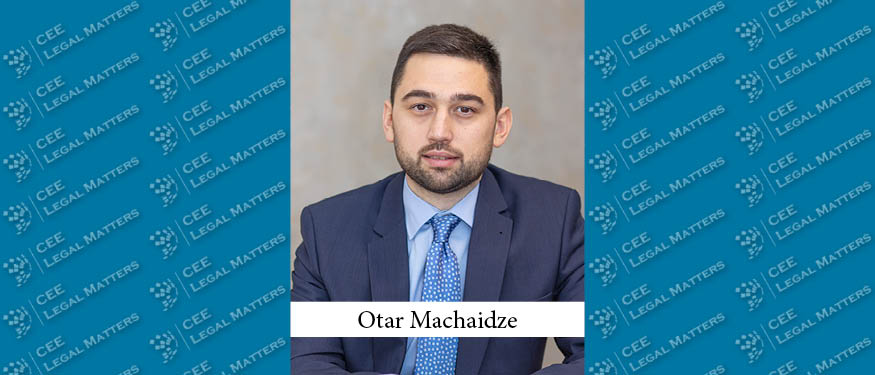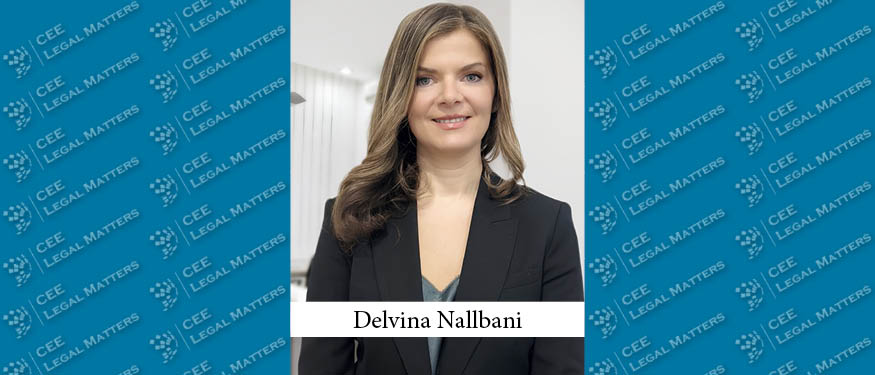The EU has always acknowledged the positive effects of foreign investments into member states and thus has one of the most open regimes in this regard. But in light of recent security issues in Western countries, the EU’s view on foreign investments has slightly changed, and out of concerns for both security and public order direct foreign investments could soon become subject to a so-called “screening mechanism,” in which they would be reviewed by the member state where the investment is planned, by the European Commission, and by other member states.
Some of the member states – including Austria, Germany, Denmark, Finland, Italy, and Poland – have already adopted screening regimes for foreign investments, but without a common legal framework many discrepancies between regimes exist, especially in the scope and procedure. Accordingly, the Commission has issued a proposal for a joint foreign investment control at the EU level which would harmonize the different mechanisms.
Under this proposed regulation, member states would have the right to adopt, modify, or maintain mechanisms for reviewing whether potential foreign direct investments affect or threaten to affect security or public order, especially regarding critical European assets such as key infrastructure and technologies, vital resources, and access to sensitive information or the ability to control it. Pursuant to the proposed regulation, the national mechanisms for screening must be transparent, confidential information must be secured, no discrimination can exist between different third countries, and foreign investors must have legal remedies for improper screening decisions of national authorities. Nevertheless, member states are not obliged to adopt a screening mechanism.
The regulation, if adopted in its proposed form, would authorize (not require) EU member states to maintain mechanisms to screen foreign direct investments on the grounds of security or public order, and would authorize the Commission itself to review any foreign investments that are likely to affect projects or programs in European interest.
The proposal for establishing a framework for the screening of foreign direct investments envisages a cooperation mechanism and a system for the flow of the relevant information. A member state where foreign investment is expected must provide all required information to the Commission and to other member states. If other member states provide comments or the Commission issues an opinion with regard to the planned investment, the comments or the opinion have to be taken into consideration by the member state where the investment is planned. The proposed regulation also defines time periods in which the interested parties have to conduct their actions.
Slovenia is an open country for foreign investments, and the country endeavors to attract as many foreign investors as possible because of their substantial influence on economic growth. Support for foreign investors is stipulated in the country’s Promotion of Foreign Direct Investments and Internationalization of Enterprises Act. This Act defines supporting measures for foreign investments such as financial incentives, informational support, and so on. These measures are carried out by the national public agency Spirit Slovenija. But as opposed to Germany and some other member states, Slovenia has not yet adopted any rules regarding the screening of foreign investments. And the proposed new version of the Promotion of Investments Act does not stipulate any stricter regime with regard to non-EU investors.
Even though the screening regime is not yet adopted nor envisaged in Slovenia’s legislation, the Commission has the authority to screen foreign investments that could affect projects or programs in the interest of EU on the grounds of safety and public order. It is not likely that the Commissions’ proposed regulation will take effect before the end of 2018. Until then – or until Slovenia adopts rules on the screening mechanism – direct foreign investments will not be subject to screening in Slovenia. Nevertheless, as the level of regulatory scrutiny is undoubtedly increasing in the EU, it will become increasingly important for non-EU investors looking to acquire important targets in a country to engage with opposing parties and the regulators at the earliest possible opportunity, and factor conditionality and timing implications into their plans.
By Lea Vatovec, Head of Competition, and Matevz Fortin, Junior Associate, ODI Law Slovenia
This Article was originally published in Issue 4.12 of the CEE Legal Matters Magazine. If you would like to receive a hard copy of the magazine, you can subscribe here.
















